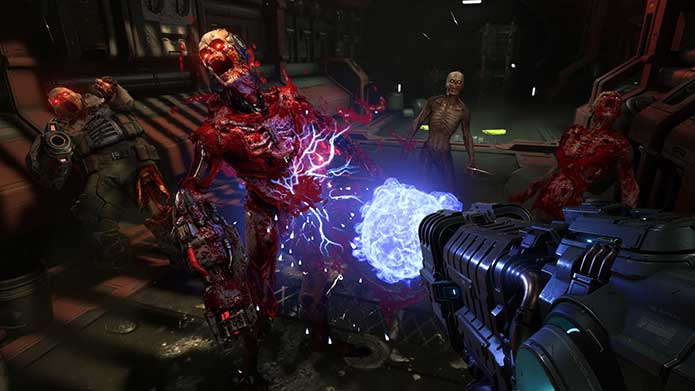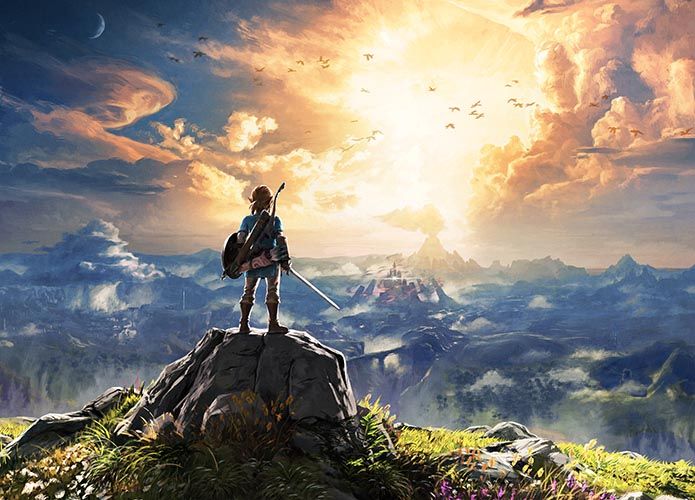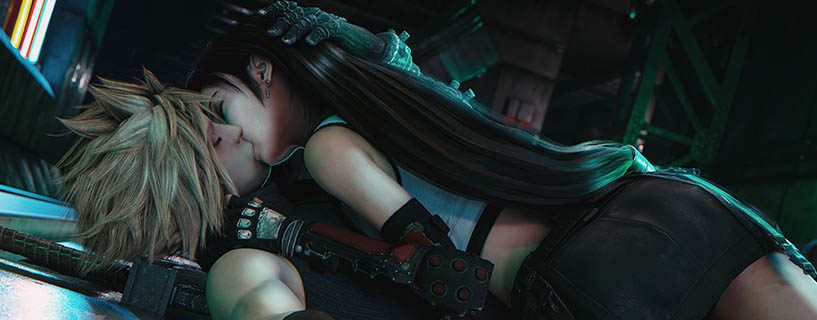Reboots and remasters are in vogue in gaming right now; few of us could argue with that. It is seen as both a positive and a negative by gamers, with many happy at the chance to play a stone-cold classic game with modern upgrades, and others bemoaning the sheer volume of reboots and remasters, suggesting a lack of creativity from developers.
That said, when developers get it right, it can deliver a shot in the arm for some franchises, a reminder of why you fell in love with a certain game in the first place. We can point to so many examples, from the constant reboots of the Tomb Raider series to the underrated reboots of the Wolfenstein series. We can even point to slots providers getting in on the reboot craze, with classic games like Great Rhino and Big Bass Bonanza being rebooted in the Megaways slots format, giving them a new lease of life.
But below, we wanted to pick out some of the definitive reboots—the games that got remade, remodeled, and re-loved, and were not just great but made logical sense to be rebooted, too.
Doom (2016)
 When id Software revived the legendary Doom franchise, expectations were sky-high. The result? A brilliant addition to the Doom family, with stunning visuals, flowing gameplay, and a fantastic soundtrack. It reignited interest in the first-person shooter genre and reminded gamers why Doom was one of the GOATs of the 90s PC era.
When id Software revived the legendary Doom franchise, expectations were sky-high. The result? A brilliant addition to the Doom family, with stunning visuals, flowing gameplay, and a fantastic soundtrack. It reignited interest in the first-person shooter genre and reminded gamers why Doom was one of the GOATs of the 90s PC era.
Be aware, though, that the game was much better received on PC than it was on consoles like the Nintendo Switch.
Resident Evil 2 (2019)
Capcom took a bold leap by reimagining Resident Evil 2. The survival horror classic from 1998 seemed ripe for a remaster instead of a full reboot. Yet, they rebuilt the game from the ground up, introducing photorealistic visuals, over-the-shoulder shooting mechanics, and a terrifying atmosphere that really resonated with players. It’s arguably one of the best examples of how a reboot can still hold the “soul” of the original game while bringing in all the modern mechanics that appeal to modern players.
God of War (2018)
 Sony’s decision to reboot God of War was interesting, to say the least. God of War is an example of how a reboot can really go in a new direction—it was about more than giving it a modern update. Sony (Santa Monica) shifted the game’s tone, setting, and mechanics while taking Kratos—once a rage-fueled anti-hero—and giving him a more nuanced character overhaul. He became more interesting and less two-dimensional. The introduction of his son, Atreus, brought depth to the storytelling, too.
Sony’s decision to reboot God of War was interesting, to say the least. God of War is an example of how a reboot can really go in a new direction—it was about more than giving it a modern update. Sony (Santa Monica) shifted the game’s tone, setting, and mechanics while taking Kratos—once a rage-fueled anti-hero—and giving him a more nuanced character overhaul. He became more interesting and less two-dimensional. The introduction of his son, Atreus, brought depth to the storytelling, too.
Final Fantasy VII Remake (2020)
 We really like what Square Enix has been doing with the Final Fantasy series. Final Fantasy VII Remake wasn’t just a faithful recreation of the original; it was a complete reimagining. The game expanded upon the story, added intricate details to the world of Midgar, and introduced real-time combat mechanics that blended action with strategy. As a whole, the slew of FF remakes has divided opinion, and some are better than others. FF VII is the pick of the bunch, in our view.
We really like what Square Enix has been doing with the Final Fantasy series. Final Fantasy VII Remake wasn’t just a faithful recreation of the original; it was a complete reimagining. The game expanded upon the story, added intricate details to the world of Midgar, and introduced real-time combat mechanics that blended action with strategy. As a whole, the slew of FF remakes has divided opinion, and some are better than others. FF VII is the pick of the bunch, in our view.
The Legend of Zelda: Link’s Awakening (2019)
 Nintendo brought back Link’s Awakening in stunning fashion. Sure, the original on Gameboy was—is—good for a nostalgia hit, but this release really brought a new vision to the world. It has everything you would want from a reboot: updated visuals, quality-of-life improvements, superior gameplay, more complexity. But it respects the original Gameboy classic.
Nintendo brought back Link’s Awakening in stunning fashion. Sure, the original on Gameboy was—is—good for a nostalgia hit, but this release really brought a new vision to the world. It has everything you would want from a reboot: updated visuals, quality-of-life improvements, superior gameplay, more complexity. But it respects the original Gameboy classic.


 by Symphonie
by Symphonie